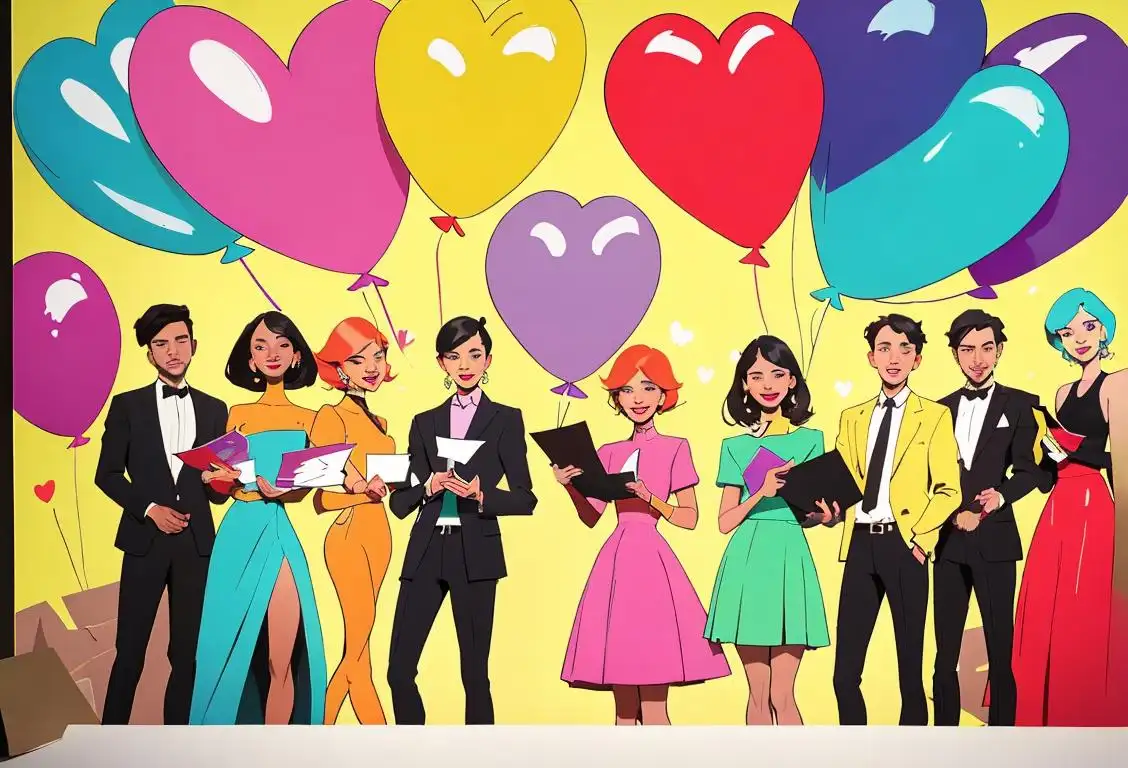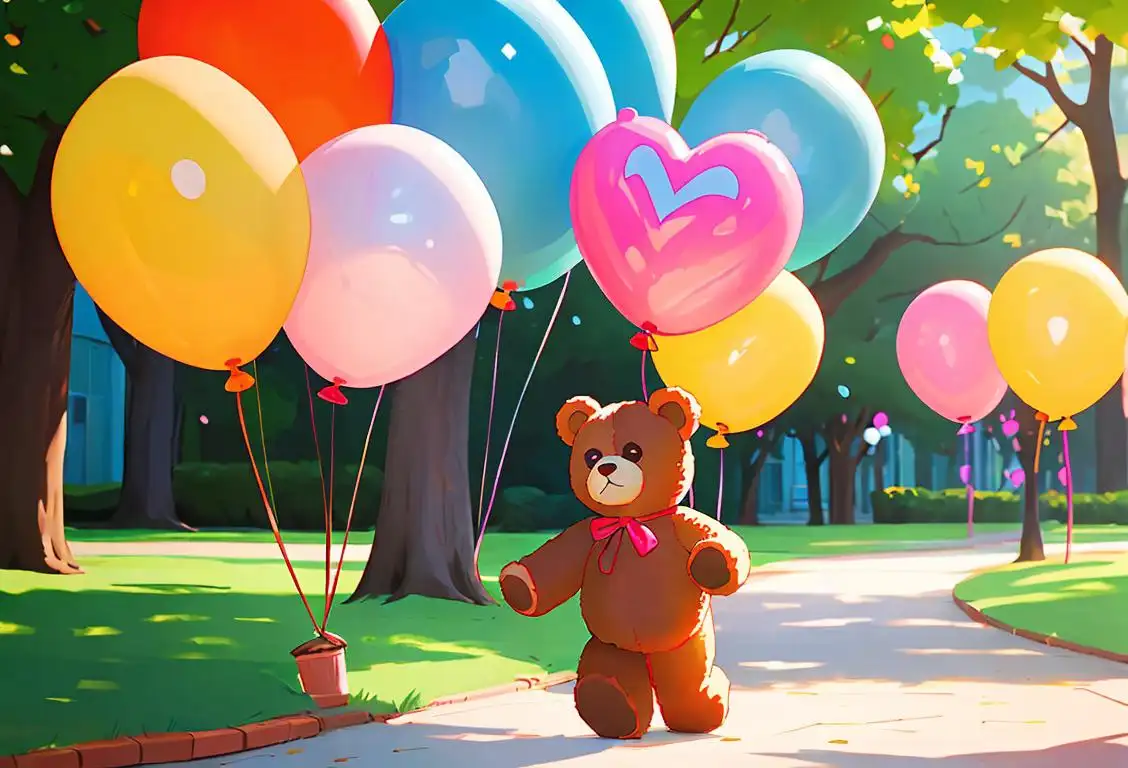National Thank You Day

Are you ready to show some gratitude? Well, get your thank-you cards and grateful hearts ready because National Thank You Day is here! This delightful day is all about expressing appreciation and spreading kindness to the amazing people in our lives. So, let's dive into the history and celebrations of this heartwarming occasion.
When is Thank You Day?
It's national thank you day on the 15th September.
The Origins of National Thank You Day
While the internet seems to be buzzing with National Thank You Day, its true origins are not as well-documented as some other national days. However, what we do know is that people have been expressing thanks for centuries. From ancient civilizations offering thanks to the gods to modern-day gratitude challenges, showing appreciation is deeply ingrained in human culture.
Fast forward to the internet age, and National Thank You Day gained popularity as people sought more ways to connect and express their gratitude. In fact, with 966 mentions online, the most mentions for this special day were on September 15, 2015. It was a day overflowing with thankfulness and love!
How to Celebrate National Thank You Day
Celebrating National Thank You Day is as simple as saying, "Thank you!" Whether it's a heartfelt message, a handwritten note, or a surprise gift, the goal is to make the people around you feel appreciated. Here are a few fun ideas to get you started:
- Send a thank-you message to a loved one you haven't seen in a while. Let them know how much they mean to you.
- Organize a small gathering with friends and family to express your gratitude for their support.
- Volunteer at a local charity and show appreciation to those making a difference in your community.
- Create a gratitude jar and write down things you're thankful for every day. Open it up on National Thank You Day and celebrate all the goodness in your life.
Did You Know?
Did you know that expressing gratitude not only makes others feel appreciated but also has incredible benefits for your own well-being? Studies have shown that practicing gratitude can improve sleep, reduce stress levels, and enhance relationships. So, by saying thank you, you're not only making others happy but also giving yourself a little boost too!
History behind the term 'Thank You'
450 BCE
Early Etymology
The term 'thank you' finds its origins in Old English, which is derived from the Proto-Germanic word 'thankōną'. This word meant 'to think, to feel grateful'. The Old English word 'þancian' was used to express gratitude and show appreciation. It gradually evolved over time to become the modern 'thank'.
1580
Transition to 'Thank You'
During the Elizabethan era in England, the phrase 'thank you' began to emerge as a common expression of gratitude. It replaced other outdated variations like 'gramercy' and 'I thank you'. The simplified and concise nature of 'thank you' made it easier for people to use and became increasingly popular.
1656
Introduction to American English
As English colonizers settled in North America, they brought with them their language and customs. 'Thank you' became a part of American English, and its usage spread throughout the colonies. The phrase was well-received and widely adopted by the diverse communities of early America.
1907
Social Etiquette
During the early 20th century, there was a strong emphasis on proper manners and social etiquette. Expressing gratitude through phrases like 'thank you' became an essential part of polite conduct. Various social guides and etiquette books reinforced the importance of showing appreciation with the phrase 'thank you'.
1960s
Informal Usage
The counterculture movement of the 1960s brought about a shift in societal norms and language usage. 'Thank you' transitioned from being a formal expression to a more casual and informal one. The phrase became a way to express approval or acknowledge something positive, not just a response to receiving gratitude.
Present
Universal Gratitude
In modern times, 'thank you' remains an integral part of everyday communication across cultures and languages. It is a universal expression of gratitude, spoken or written, to acknowledge acts of kindness, gifts, or assistance. The term has become deeply ingrained in our social interactions, representing the value of appreciation and respect.
Did you know?
Did you know that expressing gratitude not only makes others feel appreciated but also has incredible benefits for your own well-being? Studies have shown that practicing gratitude can improve sleep, reduce stress levels, and enhance relationships.Tagged
awareness fun loved ones rememberanceFirst identified
15th September 2015Most mentioned on
15th September 2015Total mentions
966Other days
Cheese Lovers Day
Teddy Bear Day
Sibs Day
Biscuit Day
Cancer Survivors Day
Agriculture Day
Pumpkin Day
Suicide Prevention Day
Memorial Day
First Responders Day









